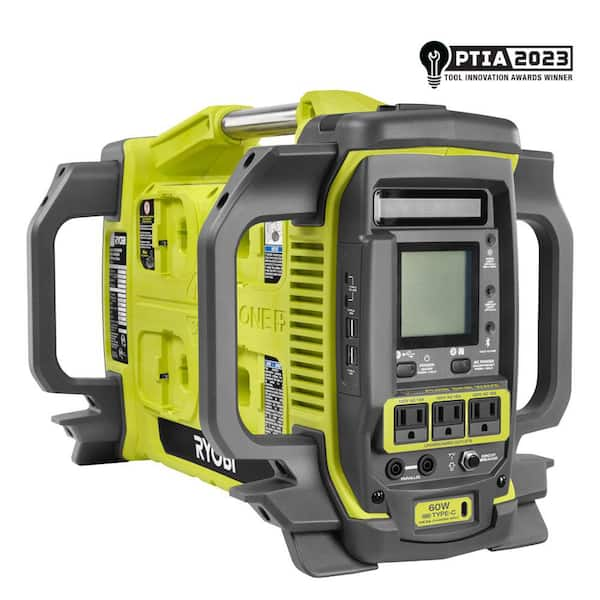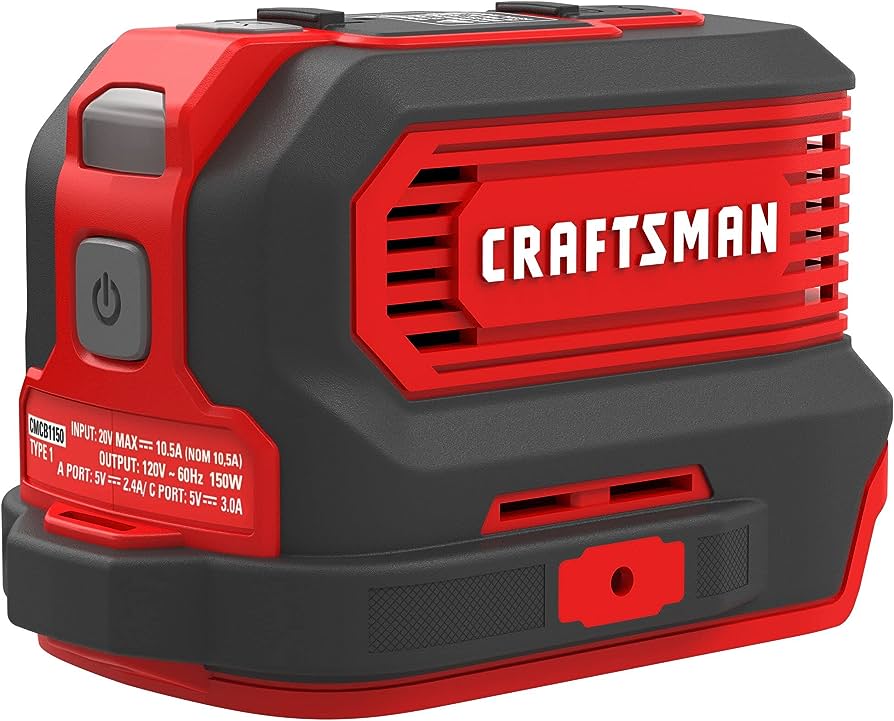Yes, an inverter can charge a cordless tool battery. However, it is important to ensure that the inverter is compatible with the battery charger to avoid any damage or improper functioning.
Using a pure sine inverter is recommended for optimal performance. Modified sine wave inverters may work with tool battery chargers but could potentially shorten the battery life. It is advised to connect the inverter near the car battery and properly connect the wires to the positive and negative leads.
Always check the charging light indicator to ensure proper functioning.
Understanding Inverters And Cordless Tool Batteries
An inverter is an electronic device that converts direct current (DC) into alternating current (AC). It is commonly used to power electrical devices that require AC power when only DC power sources are available, such as car battery-powered tools.
Cordless tool batteries store electrical energy in chemical form and release it as needed to power cordless tools. They typically use lithium-ion or nickel-cadmium cells to provide high power density and long-lasting performance.
Yes, an inverter can charge a cordless tool battery, but it is important to use a suitable inverter for the task. Most cordless tool batteries require a stable and pure sine wave AC power source for efficient charging. Using a modified sine wave inverter may cause damage to the battery or result in reduced charging performance.

Credit: www.homedepot.com
Types Of Inverters For Charging Cordless Tool Batteries
Types of Inverters for Charging Cordless Tool Batteries:
Pure sine wave inverters: Pure sine wave inverters are considered to be the best option for charging cordless tool batteries. They provide a smooth and consistent waveform that closely resembles the power from a traditional power outlet. This ensures that your cordless tool battery is charged efficiently and does not experience any issues.
Modified sine wave inverters: Some modified sine wave inverters can also work with tool battery chargers but may not be as effective as pure sine wave inverters. There have been instances where modified sine wave inverters have caused damage to cordless tool batteries, so it’s best to use them with caution.
Which type of inverter is best for charging cordless tool batteries: If you want to ensure the safety and optimal charging of your cordless tool batteries, it is recommended to use a pure sine wave inverter. This will provide a clean and stable power supply without any risk of damaging the batteries. Although some modified sine wave inverters may work, it’s better to err on the side of caution and choose a pure sine wave inverter for charging cordless tool batteries.
Considerations For Charging Cordless Tool Batteries With An Inverter
When it comes to charging cordless tool batteries with an inverter, there are several considerations to keep in mind. One important factor is the size and capacity of the inverter. You need to ensure that the inverter you choose can handle the power requirements of the battery charger. Additionally, compatibility between the inverter and the battery charger is crucial. Some modified sine wave inverters may work with tool battery chargers, but they have been known to damage batteries. Therefore, using a pure sine inverter is recommended for optimal performance and safety. However, it’s important to note that charging batteries with an inverter may have potential risks and drawbacks. For instance, using an inverter could shorten the battery life considerably if the inverter has a modified square-wave output. So, it’s essential to consider these factors before using an inverter to charge cordless tool batteries.
Frequently Asked Questions Of Can An Inverter Charge A Cordless Tool Battery
How Big An Inverter To Charge Cordless Tool Batteries?
To charge cordless tool batteries using an inverter, you will need to use a pure sine inverter for optimal functionality. Modified sine wave inverters may not work properly and could potentially damage the batteries. It is recommended to connect the inverter near the car battery and ensure proper connection to the mains.
Can I Plug A Dewalt Charger Into An Inverter?
Yes, you can plug a Dewalt charger into an inverter. However, it is recommended to use a pure sine inverter for optimal functionality, as not all modified sine wave inverters are created equal and may cause issues with the chargers.
What Size Inverter Do I Need For Milwaukee Battery Charger?
For a Milwaukee battery charger, the size of the inverter you need will depend on the specific power requirements of the charger. It is recommended to use a pure sine wave inverter for DEWALT chargers to ensure proper functioning.
Can I Charge Small Battery With Inverter?
Yes, you can charge a small battery with an inverter by connecting it to the positive and negative leads of the car battery and plugging the inverter into an outlet. Make sure to check the charging light indicator to ensure proper charging.
Conclusion
While some modified sine wave inverters may work with tool battery chargers, they can potentially damage the batteries. It is recommended to use a pure sine inverter for optimal functionality and to avoid any potential issues. Additionally, charging cordless tool batteries with an inverter can be energy inefficient and costly in the long run.
It is advisable to consider alternative methods for charging cordless tool batteries to ensure their longevity and optimal performance.

